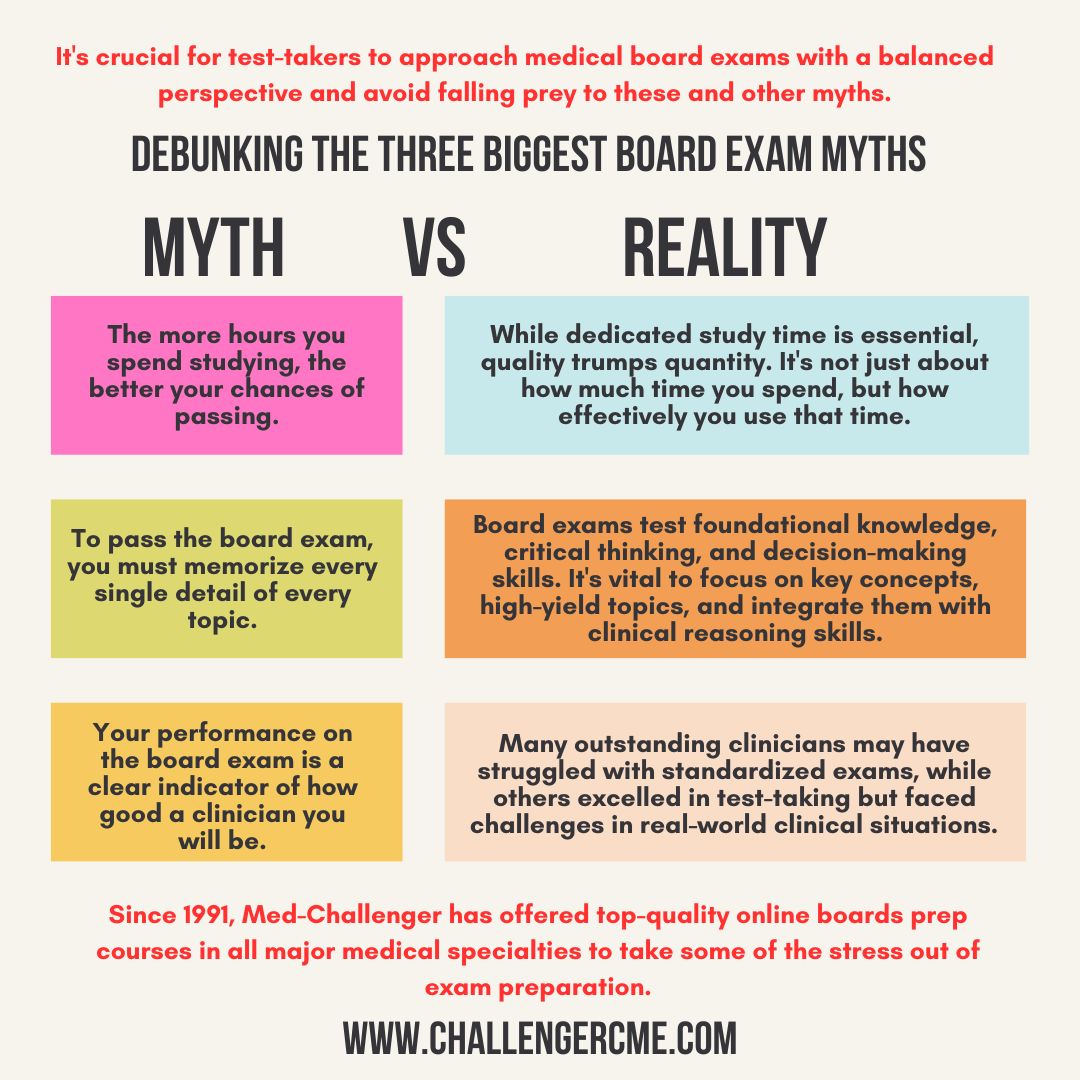The ABOG Board Exam: A Comprehensive Guide
The American Board of Obstetrics and Gynecology (ABOG) board exam is a pivotal milestone for OBGYN physicians. It is instrumental in validating the skills, knowledge, and expertise of professionals in this field. Here, we will explore the intricacies of the ABOG exam, offering insights, tips, and strategies to optimize your preparation and performance.
Your Exam Structure
The exam consists of single-best answer, multiple-choice questions. Many of the questions are constructed to be thought provoking and problem-solving. For most questions, all possible answers may be plausible, but only one answer is the most correct. The Certification Exam is only administered in English and follows the ABOG Blueprint.
You'll be expected to demonstrate skills necessary to apply the appropriate knowledge to the management of clinical problems. These skills include:
- obtaining needed information
- interpretation and use of data obtained
- selecting, instituting, and implementing appropriate care
- management of complications
- follow-up and continuing care


2025 Exam Dates
You'll select your date and Pearson VUE location when you sign up to take the exam.
Pearson VUE 2025 ABOG Instructions
ABOG Become Certified Instructions
| 2025 Application Window | March 3 - April 11, 2025 |
| 2025 Late Application Window | April 12 - 25, 2025 |
| 2025 Certification Exam |
October 6-9 and 27-30, 2025 November 10-13, 2025 December 8-11, 2025 |
Content Specifications
Exam content is determined by a pre-established blueprint, or table of specifications. The blueprint is developed by ABOG and is reviewed annually and updated as needed. Trainees, training program directors, and certified practitioners in the discipline are surveyed periodically to provide feedback and inform the blueprinting process.
The primary medical content categories of the blueprint are shown below, with the percentage assigned to each for a typical exam. For more details see the ABOG Blueprint.

Question Styles
As a medical resident, you probably have horribly hard-won expertise at learning theory, but let's recap question types briefly.
Assessment questions: these are the "boards style questions". Assessment questions are designed determine your knowledge level, not really teach or remediate. They normally consist of (a) the correct answer, (b) two or more distractors that you'd guess at if you were vaguely familiar with the topic, and (c) one or more distractors that you'd guess if you were completely unfamiliar with the topic.
Teaching questions: these are the more in-depth case study questions, or complex questions that require thought. Teaching questions are designed to remediate and drive long term retention of material. Challenger uses both (and you can select the types you want to use for your tests).
If you're going to do an assessment of your knowledge level, work through it in short exams over topics, not in marathon sessions. If you've missed questions in the topics, then switch to completing all the questions in a topic, or mix the exams up into assessment and teaching questions.
Pass Rates

Do ITE Scores Indicate Board Exam Scores?
To a degree. Your ITE scores provide more of a negative indicator of your potential boards exam score. If you did poorly on ITE's, you have your work cut out for you. If you did well on ITE's, it doesn't mean you'll score the same on the boards, but it is a positive indicator.
Start preparing early, pick a couple of good resources, and use them. Frequent short study sessions, done in a methodical manner, are going to do a lot more for you than cramming.
-min.png?width=2000&height=2000&name=Untitled%20(90)-min.png)
Strategizing Your Preparation
Comprehensive Study Material
Choose study resources that are aligned with the ABOG Blueprint, ensuring that you cover every topic in depth. Resources like Med-Challenger OBGYN offer tailored preparation with a vast question bank of constantly updated content.
Mock Exams and Simulations
Simulated exams, such as Med-Challenger's Board Exam Simulator, part of the OBGYN Boards Prep Course, are instrumental in gauging your preparation level. They offer insights into your strong areas and those requiring improvement, enabling a focused preparation strategy.
Time Management
The ABOG exam evaluates candidates under timed conditions. Practice with timed mock exams to enhance your time management skills, ensuring that you can navigate through the questions effectively and efficiently during the actual exam.
Navigating the Exam Day
Stay Calm
It’s natural to feel anxious. However, staying calm and composed is crucial to think clearly and make informed decisions during the exam. Knowing what to expect by checking out At The Exam can also help put your mind at ease.
Pace Yourself
The exam is structured to evaluate a broad spectrum of your skills and knowledge. Pacing yourself is crucial to ensure that every section of the exam is attempted with equal focus and concentration.
Review Your Work
If time permits, review your answers. Sometimes, a second look can offer new perspectives and insights.
-min.png?width=2000&height=2000&name=Untitled%20(91)-min.png)
Post Exam
Notification of Examination Results
Exam score reports are typically posted in your online portfolio within 90 days of the exam administration date. Although the examination is administered on the computer, we cannot provide you with your results at the testing center. We conduct extensive quality control activities before releasing results to ensure that the examination is psychometrically sound and the data are accurate.
ABOG will provide the candidate their scaled test score in addition to the result of “pass” or “fail.” Each candidate, regardless of whether they pass or fail, will be provided with the percent scored in each of the major topic areas.
Passing Criterion and Scoring
A candidate’s score is determined by all grades received from each examiner, after which it is adjusted for examiner severity and case difficulty using the Multi-Facet Rasch Model (MFRM). The MFRM is a measurement model that can account for some of the factors that influence the outcome of a candidate’s performance on an exam.
Since ABOG utilizes many quality control procedures to ensure exams are scored accurately and there is no record of incorrect scoring at ABOG with the Certification Examinations, ABOG does not accept rescore requests. This includes, but is not limited to, rescoring of the exam, review of exam content, reconsideration of a correct response, reconsideration of the passing standard, and/or consideration of the acceptability of testing conditions.
Most Missed Question Blogs
Med-Challenger wants to explore what is being missed on exams and why. That is why we have started our "most missed questions" blog series; to examine and report exactly which questions and question types are being missed most, why, and even hone in on some exam tricks to make test taking more successful.


